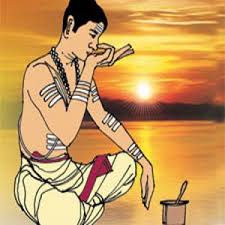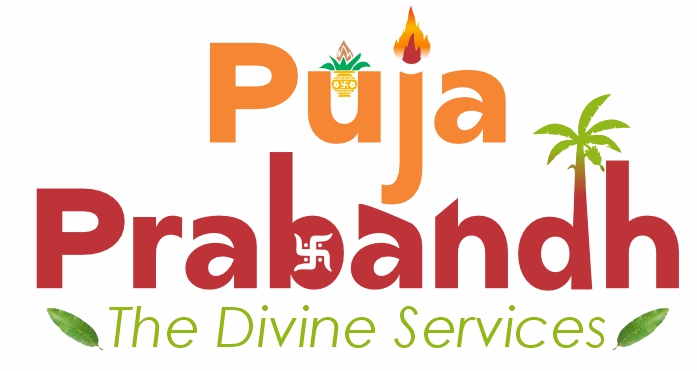
Upakarma, also known as Aavani Avittam in Tamil tradition, is a sacred Vedic ritual observed primarily by Brahmin men belonging to the Rig, Yajur, and Sama Vedas. It falls in the Tamil month of Aavani (August–September) on the day when the Avittam (Dhanishta) Nakshatra prevails. The word “Upakarma” means “beginning” or “commencement,” signifying the renewal of Vedic studies for the year and the change of Yajnopavita (sacred thread).
The ritual begins early in the morning with a holy bath, after which devotees perform Sandhyavandanam and wear a new pavitra dhoti. The main ceremony includes the Gayatri Japam, Kamokarshit Japam, and the Mahasankalpam, where one prays for the removal of sins and recommitment to spiritual learning and dharma.
The core component is the Avani Avittam Sankalpa, followed by the ritual removal of the old sacred thread and donning a new Yajnopavita, symbolizing spiritual rebirth and purification. Each Veda has its specific mantras and procedures, recited with great care by learned priests or elders guiding the ceremony.
Offerings include:
- Rice, ghee, sesame seeds, and sacred water
- Fruits, flowers, and betel leaves
- Lighted oil lamps and incense sticks
After the Upakarma puja, participants perform Tarpanam—oblations to the ancestors—seeking their blessings. The Gayatri Japam, chanted 1008 times the following day, strengthens the power of intellect and clarity.
The ritual reinforces commitment to Vedic learning, discipline, and spiritual duty, making it a deeply meaningful observance in the Brahminical tradition.
Upakarma is not merely a ritual but a reminder to uphold the sacred knowledge and values bestowed by the Vedas, preserving them through purity in thought, word, and deed.

